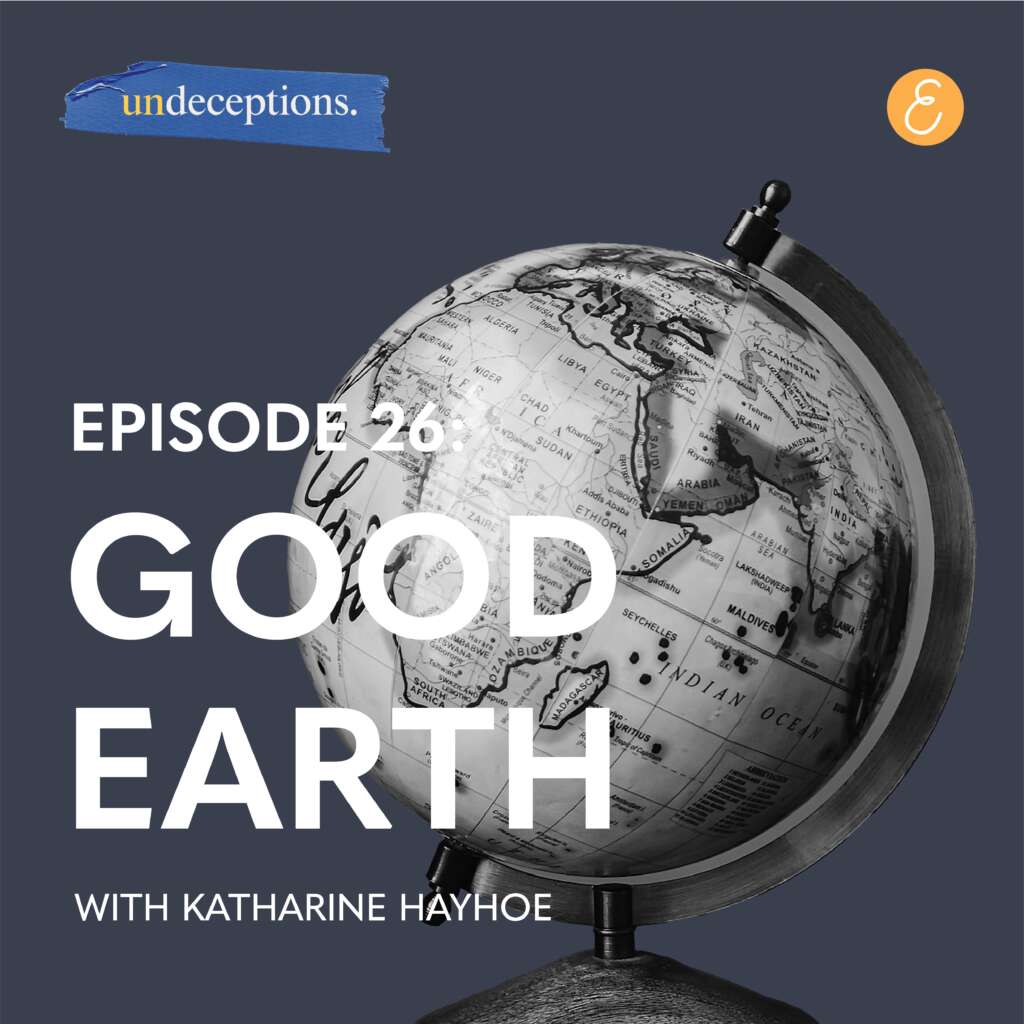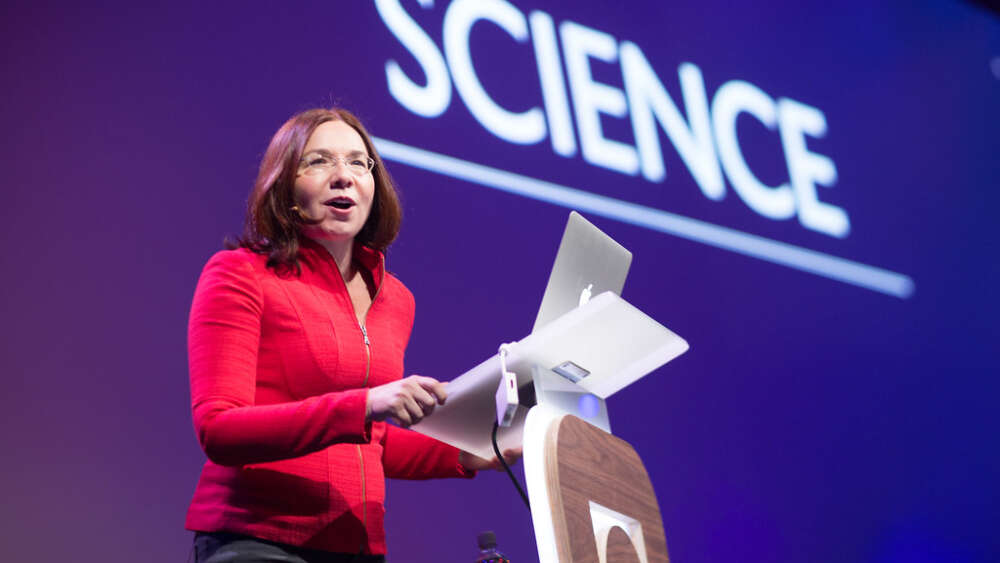The number one predictor of whether you agree that the earth is getting warmer because of human-caused climate change is not whether you go to church or how educated you are, it’s where you fall on the political spectrum.
That’s according to Professor Katharine Hayhoe, a climate scientist who has been labelled by the New York Times as one of America’s most effective communicators on climate change (although, she’s Canadian!). Her 2018 TedTalk has had over 3.5 million views.
A thermometer doesn’t give you a different answer depending on how you vote.
She spoke to John Dickson for his podcast, Undeceptions, part of the Eternity Podcast Network. You can listen to the full episode here.
In America, as in other places, says Hayhoe, climate change is one of the most politicised topics. And politics and religion have become increasingly aligned – and that’s not a good thing for the earth.
“A thermometer doesn’t give you a different answer depending on how you vote. We need to act now. Where politics can be helpful, though, is in asking ‘What do we do?’ That’s what should be the subject of political debate,” she says.
Professor Hayhoe was awarded the United Nation’s highest environmental honour in 2019, declared a ‘Champion of the Earth’. She has made it her life’s mission to talk to people about climate change. But she says she’s not so much trying to ‘convert’ people to the climate cause, as show them why they already care.
 Professor Hayhoe is also an evangelical Christian, the daughter of missionaries and the wife of a Texan pastor. She says that can lead to some pretty interesting conversations.
Professor Hayhoe is also an evangelical Christian, the daughter of missionaries and the wife of a Texan pastor. She says that can lead to some pretty interesting conversations.
At a lunch where some new members of the church wanted to meet the pastor, Katharine says she sat with a man who, upon discovering she was a climate scientist, asked her, “Do you believe in climate change?”
“‘Oh no’, I said cheerfully, ‘I don’t believe in it because it’s not a religion. I believe in God. And I believe that God gave us a sound mind to study his creation so we can figure out what’s happening. So I don’t believe the planet is warming. I know it is. Because through studying God’s creation, it is clear that we are getting warmer, that humans are responsible and that the impacts are serious.
99.9 per cent of our objects to climate change have nothing to do with the science. They have everything to do with solution aversion.
“By rejecting the narrative that climate change is a false, environmental, earth-worshipping religion, we were able to have a really constructive conversation that began with what we agreed on. We both believe in God. We both believe that God gave us the sound minds that we have. What do we see when we use that mind? That’s the key.”
Here are the three things Hayhoe says are important when it comes to speaking about climate change with someone who disagrees with you:
- Find something you can agree on first.
- Connect the dots to how climate is affecting what we both already care about (whether that’s our children, the place we live, etc.)
- Talk about a positive, constructive solution to climate change that the person we’re talking to could agree with.
“Even though most objections to climate change are couched in science-y sounding terms, if you have a conversation with anyone about this for longer than one minute, nine times out of ten it takes an abrupt right turn into, ‘I don’t want to … [fill in the blank’. I don’t want a carbon tax. I don’t want to destroy the economy. I don’t want the government telling me what to do.
“99.9 per cent of our objects to climate change have nothing to do with the science. They have everything to do with solution aversion. We think the only solutions are negative or punitive or harmful. So bonding over shared values, connecting to how climate change is affecting us here and now – today – and then inspiring with a solution that could actually make a difference – it could save us money; it could help poor people; it could lead to cleaner air; it could help us be better stewards of God’s creation, and so on.
“Those three steps are absolutely key to constructive conversations.”





